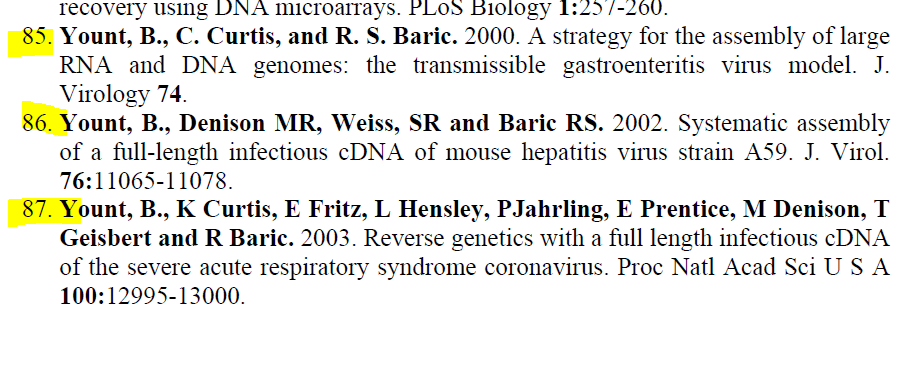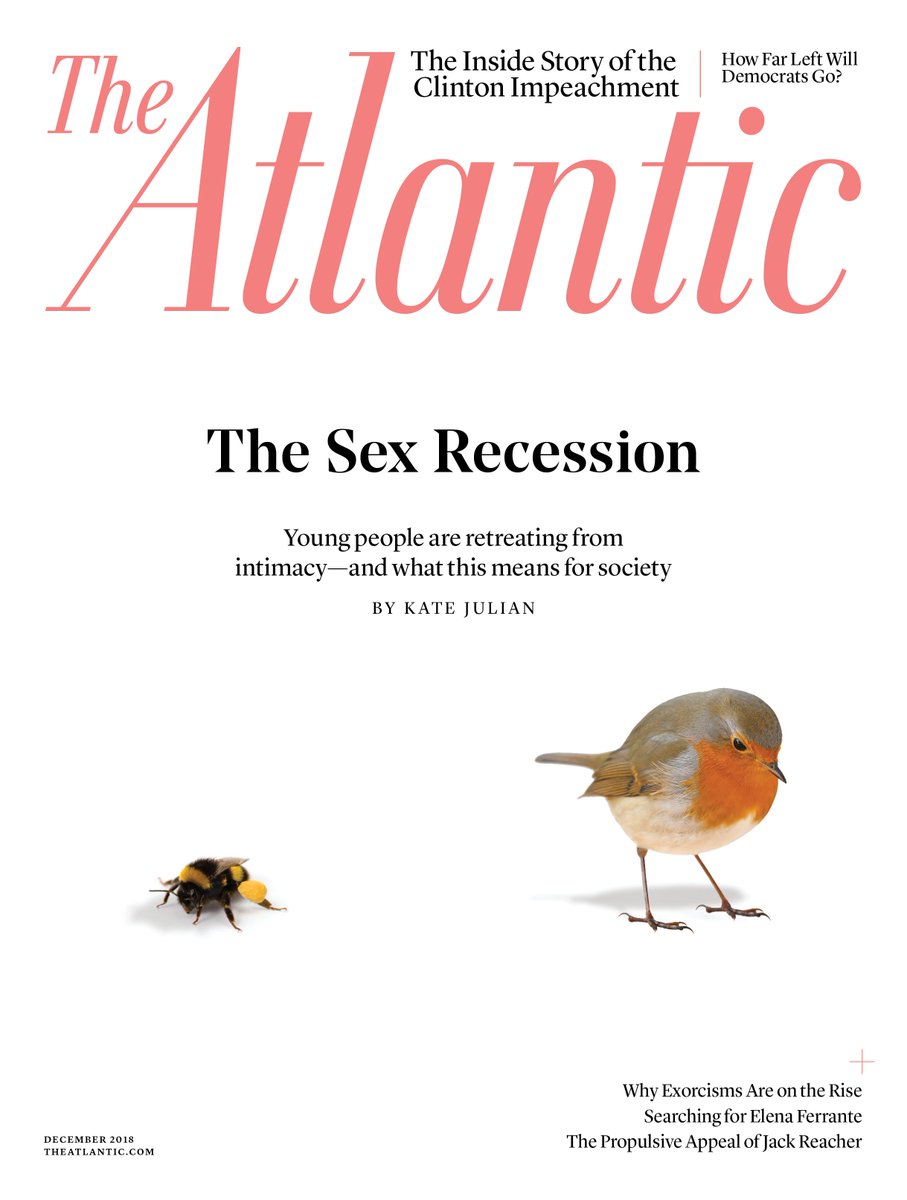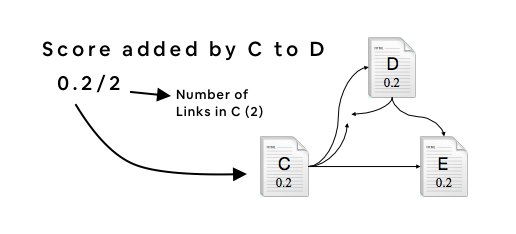It makes for a brilliant narrative. It melts your hearts. And you get to play saviour of the oppressed by outraging. /1
https://t.co/odzm9VTdwZ
Thread for today. /0
It makes for a brilliant narrative. It melts your hearts. And you get to play saviour of the oppressed by outraging. /1
Amazon are the lungs of the world. Never mind that most of the world's oxygen production happens in open oceans. But these are harmless ones. Of course, we all love to maintain forests.
For instance - take this: coral reefs will be permanently gone if mean / median temperatures raise by 1°C ..
But, really - how? Then you get a lecture on how CO2 will affect calcification.
Dig a bit deeper from another angle+
And the ocean temps were quite high too.
Here is the catch - Corals have been in existence for the last one billion years (or more).
Second one are news like the one quoted above. (Shark eggs are unviable **due to global warming**).
This is a false flag. Is there a correlation between these two? Maybe.
Intriguing and relevant are lessons from the fruit fly!
https://t.co/8Q9ARW5iV5
Some background: information in DNA is controlled by short segments of DNA called enhancers. In 2010, Frankel et al found a particular enhancer that seemed redundant.
They deleted this "redundant" copy of the enhancer, and saw that it had zero impact on development. But then - when they deleted it and ++
That is, this seemingly redundant enhancer was a contingency plan put in place by nature to deal with unforeseen events.
It is entirely coincidental that the best example to ++
Now we can at least use these lessons to ask questions about Sharks and corals!
If Drosophila, a relatively recent organism, can have contingency plans - won't the sharks have it?
Remember - the entire argument isn't about whether or not warming occurs .. but it is about whether the scaremongering holds water.
If we have understood something about life, it is that it survives.
No. That is not the message. It is that the lower an organism is on the evolutionary scale, the lesser it will be hit.
Someone mentioned polar Bears. They will be hit. They are complex organisms with specific habitat reqs.
Guess the most fastidious numerous animal? Humans.
Climate change - irrespective of the cause, is seen to affect glaciers. No amount of wishing away changes it.
The complex web of life means that the over exploitation is the problem. So what is the way ahead?
All the measures (green tech) is just band aid on a open surgical wound. You can assuage your heart .. but it won't stop.
Take the example of China. ~1.25B people.
What does it mean to be a first world country? Typically two things: food + water surplus, energy surplus.
What did China do to address these problems?
https://t.co/2MkOv6O6CG
And they have been doing it for almost two decades now.
What the white man did to American Bison, Chinese are doing to the oceans. In a far larger scale.
Last is Energy: China gets as much as 60% of its total energy from burning coal.
Energy is the currency of civilization.
Everyone wants AC to protect them from the summer. Everyone wants a car. Everyone wants fresh water and food.
Nope. Global warming isn't going anywhere.
Politically incorrect.
For now, understand that anyone promising to do this within the next 30yrs is bullshitting.
Why? After India, it will be the turn of entire African continent to become energy and food surplus.
Like all things humans - civilizational values are key in resolving this issue.
Pick your value systems carefully.
More from Science
Hard agree. And if this is useful, let me share something that often gets omitted (not by @kakape).
Variants always emerge, & are not good or bad, but expected. The challenge is figuring out which variants are bad, and that can't be done with sequence alone.
You can't just look at a sequence and say, "Aha! A mutation in spike. This must be more transmissible or can evade antibody neutralization." Sure, we can use computational models to try and predict the functional consequence of a given mutation, but models are often wrong.
The virus acquires mutations randomly every time it replicates. Many mutations don't change the virus at all. Others may change it in a way that have no consequences for human transmission or disease. But you can't tell just looking at sequence alone.
In order to determine the functional impact of a mutation, you need to actually do experiments. You can look at some effects in cell culture, but to address questions relating to transmission or disease, you have to use animal models.
The reason people were concerned initially about B.1.1.7 is because of epidemiological evidence showing that it rapidly became dominant in one area. More rapidly that could be explained unless it had some kind of advantage that allowed it to outcompete other circulating variants.
Variants always emerge, & are not good or bad, but expected. The challenge is figuring out which variants are bad, and that can't be done with sequence alone.
Feels like the next thing we're going to need is a ranking system for how concerning "variants of concern\u201d actually are.
— Kai Kupferschmidt (@kakape) January 15, 2021
A lot of constellations of mutations are concerning, but people are lumping together variants with vastly different levels of evidence that we need to worry.
You can't just look at a sequence and say, "Aha! A mutation in spike. This must be more transmissible or can evade antibody neutralization." Sure, we can use computational models to try and predict the functional consequence of a given mutation, but models are often wrong.
The virus acquires mutations randomly every time it replicates. Many mutations don't change the virus at all. Others may change it in a way that have no consequences for human transmission or disease. But you can't tell just looking at sequence alone.
In order to determine the functional impact of a mutation, you need to actually do experiments. You can look at some effects in cell culture, but to address questions relating to transmission or disease, you have to use animal models.
The reason people were concerned initially about B.1.1.7 is because of epidemiological evidence showing that it rapidly became dominant in one area. More rapidly that could be explained unless it had some kind of advantage that allowed it to outcompete other circulating variants.
You May Also Like
Stan Lee’s fictional superheroes lived in the real New York. Here’s where they lived, and why. https://t.co/oV1IGGN8R6

Stan Lee, who died Monday at 95, was born in Manhattan and graduated from DeWitt Clinton High School in the Bronx. His pulp-fiction heroes have come to define much of popular culture in the early 21st century.
Tying Marvel’s stable of pulp-fiction heroes to a real place — New York — served a counterbalance to the sometimes gravity-challenged action and the improbability of the stories. That was just what Stan Lee wanted. https://t.co/rDosqzpP8i

The New York universe hooked readers. And the artists drew what they were familiar with, which made the Marvel universe authentic-looking, down to the water towers atop many of the buildings. https://t.co/rDosqzpP8i

The Avengers Mansion was a Beaux-Arts palace. Fans know it as 890 Fifth Avenue. The Frick Collection, which now occupies the place, uses the address of the front door: 1 East 70th Street.

Stan Lee, who died Monday at 95, was born in Manhattan and graduated from DeWitt Clinton High School in the Bronx. His pulp-fiction heroes have come to define much of popular culture in the early 21st century.
Tying Marvel’s stable of pulp-fiction heroes to a real place — New York — served a counterbalance to the sometimes gravity-challenged action and the improbability of the stories. That was just what Stan Lee wanted. https://t.co/rDosqzpP8i

The New York universe hooked readers. And the artists drew what they were familiar with, which made the Marvel universe authentic-looking, down to the water towers atop many of the buildings. https://t.co/rDosqzpP8i

The Avengers Mansion was a Beaux-Arts palace. Fans know it as 890 Fifth Avenue. The Frick Collection, which now occupies the place, uses the address of the front door: 1 East 70th Street.
Krugman is, of course, right about this. BUT, note that universities can do a lot to revitalize declining and rural regions.
See this thing that @lymanstoneky wrote:
And see this thing that I wrote:
And see this book that @JamesFallows wrote:
And see this other thing that I wrote:
One thing I've been noticing about responses to today's column is that many people still don't get how strong the forces behind regional divergence are, and how hard to reverse 1/ https://t.co/Ft2aH1NcQt
— Paul Krugman (@paulkrugman) November 20, 2018
See this thing that @lymanstoneky wrote:
And see this thing that I wrote:
And see this book that @JamesFallows wrote:
And see this other thing that I wrote:



















